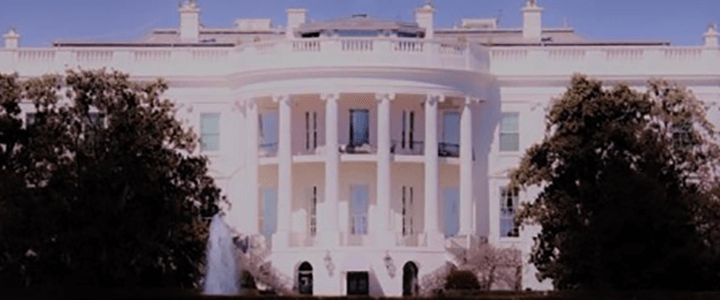The recent media focus on security clearances in the Trump Administration has resulted in many questions from ClearanceJobs readers and the general public regarding how security clearance decisions are made inside the White House.
The 24-hour news cycle rushed to fill that knowledge gap with an abundance of commentators, analysts, and other talking heads – many of whom have little idea about that on which they speak.
Unfortunately, the dearth of information publicly available about White House security clearances has helped to facilitate a great many conspiracy theories. It has also allowed the uninformed to become quotable “authorities” on the White House security clearance process merely because there is no one to contradict them with facts.
Let’s take a moment to fact-check some actual statements about White House security clearances asserted on cable news:
Talking Head Claim # 1: Political appointees in the White House are responsible for making security clearance adjudicative decisions.
This is decidedly fiction. Security clearance decisions within the Executive Office of the President (EOP) – which includes the White House Office, Office of the U.S. Trade Representative, National Security Council, Office of National Drug Control Policy, Office of Science and Technology Policy, and Council on Environmental Quality – are made by career officials in the EOP Office of Security. As career employees, EOP security officials transcend administrations and are supposed to be apolitical. For those readers familiar with Washington, D.C., the small, obscure EOP Security office is located in the red brick New Executive Office Building just across Pennsylvania Avenue from the White House complex.
In theory, the president could unilaterally overrule career security officials and decide to grant a security clearance to anyone he chooses. In practice, however, there is no known precedent of that happening and I suspect most presidents would be loath to do it because of the inevitable public relations ramifications.
Talking Head Claim # 2: The Secret Service conducts security clearance background investigations for White House staff members and presidential appointees.
This is also fiction. While the Secret Service is statutorily responsible for providing physical security at the White House and other Presidential facilities, those who work for the president undergo background investigations by a different agency – the FBI.
The FBI’s Special Inquiries Squad is a Washington D.C.-based unit tasked with conducting these investigations. Upon completing their work, agents write investigative reports which are then transmitted to EOP Security (see above) for review and adjudication.
The only exception to this rule of which I am aware is for Department of Defense (DoD) employees and contractors who support the EOP. Those individuals – who are involved in everything from logistics to food service to flying Air Force One – undergo background investigations by DoD along with special suitability screening for presidential support duties. The White House Military Office also runs its own suitability screening process for certain individuals contracted directly by that office.
Talking Head Claim # 3: White House staffers who are denied a clearance are escorted off the White House grounds with little explanation of the reason and no opportunity to challenge it.
This is actually somewhat accurate. Although the administrative due process provisions of Executive Order 12968 apply to the Executive Office of the President, the practical reality is that political appointees have no job protections and serve at the pleasure of the president. That means that a White House staffer with adverse background issues portending a security clearance denial may be simply removed from his or her position without affording the individual any opportunity for a final decision on the merits of the case or an opportunity to challenge that decision. Technically, the lack of administrative due process means that the individual is not considered to have been denied a security clearance, but rather to have been removed on suitability grounds.
On the other hand, EOP career staffers – the folks who, for example, clean the White House, keep supplies stocked, and answer the switchboard – are afforded full appeal rights under Executive Order 12968 in the event of a denied security clearance. That includes a Statement of Reasons, an opportunity for a personal appearance, and even an appeal to a high-level panel of EOP officials. An EOP official tells me that they’ve had to use this process only a “handful of times” in recent years.
Fundamentally, the White House operates its security clearance process similarly to the rest of the government except that political appointees are actually subject to harsher application of the rules than career officials due to their lack of opportunity to challenge adverse decisions and the strict suitability standards they must meet. The FBI, as a law enforcement agency, typically conducts far more thorough and competent background investigations than its counterpart at most other federal agencies, the National Background Investigations Bureau (NBIB). And, adjudicative decisions are the product of career officials insulated from outside influence by civil service protections (although, as I have recently warned, these officials have their own political biases, and I am concerned about what appears to be an animosity against the current administration by some in EOP Security).
That may be a far different narrative than certain media outlets are telling these days. But it is hard to argue with the facts.
This article is intended as general information only and should not be construed as legal advice. Consult an attorney regarding your specific situation.




